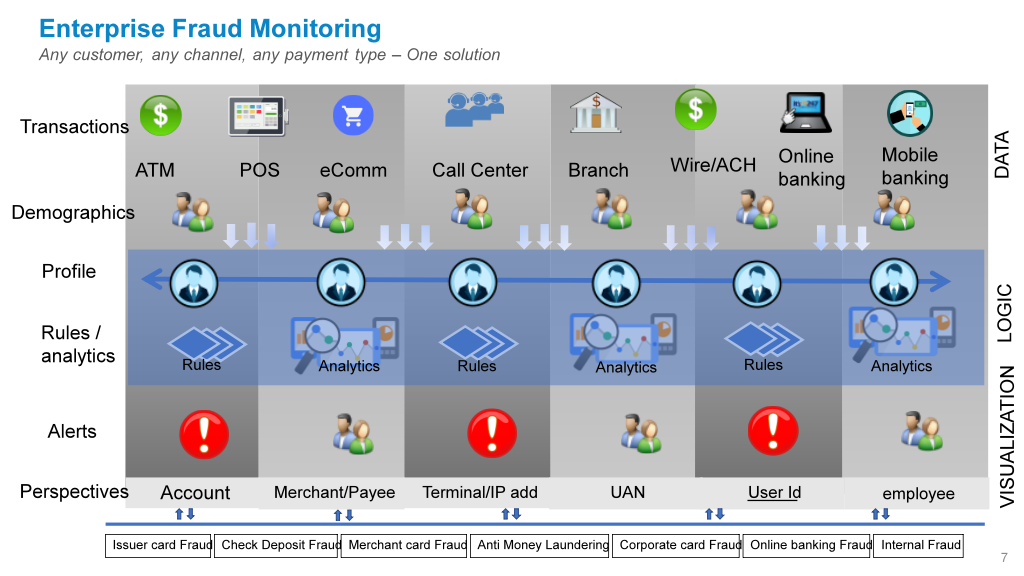Coordination amongst application teams is encouraged all through the app development and production cycle, according to DevOps. Development & operational teams collaborate here on implementation of common KPIs and tools. When using a DevOps strategy, the objective is to increase the frequency of releases while still maintaining consistency & performance of application. A DevOps engineer considers topics including how he or she can deliver changes to that of an application as effectively as possible while causing the least amount of interruption to the end user’s interaction. With so much emphasis placed on increasing the pace of delivery, Devops may overlook the importance of preventing security risks all along way. This may result in the accumulation of vulnerabilities which can put the app, end user data, including proprietary business assets at risk.
While DevOps was originally created to solve security issues, it developed as software developers became more aware that DevOps approach was not effectively addressing these concerns. As an alternative to retrofitting security into to the building, DevSecOps has developed as a method of integrating the administration of security earlier in the process all through design process Rather than being implemented at the end of the design process, our approach places security controls just at start of a construction process, where it would otherwise be. With for this novel approach, a DevSecOps engineer tries to guarantee that applications are safe against cyberattacks before they are delivered to the user and that they remain secure throughout the app update lifecycle. Development Security Operations (DevSecOps) stresses that developers must write code with good security, and so it attempts to resolve the security problems that DevOps does not address.
Frameworks
